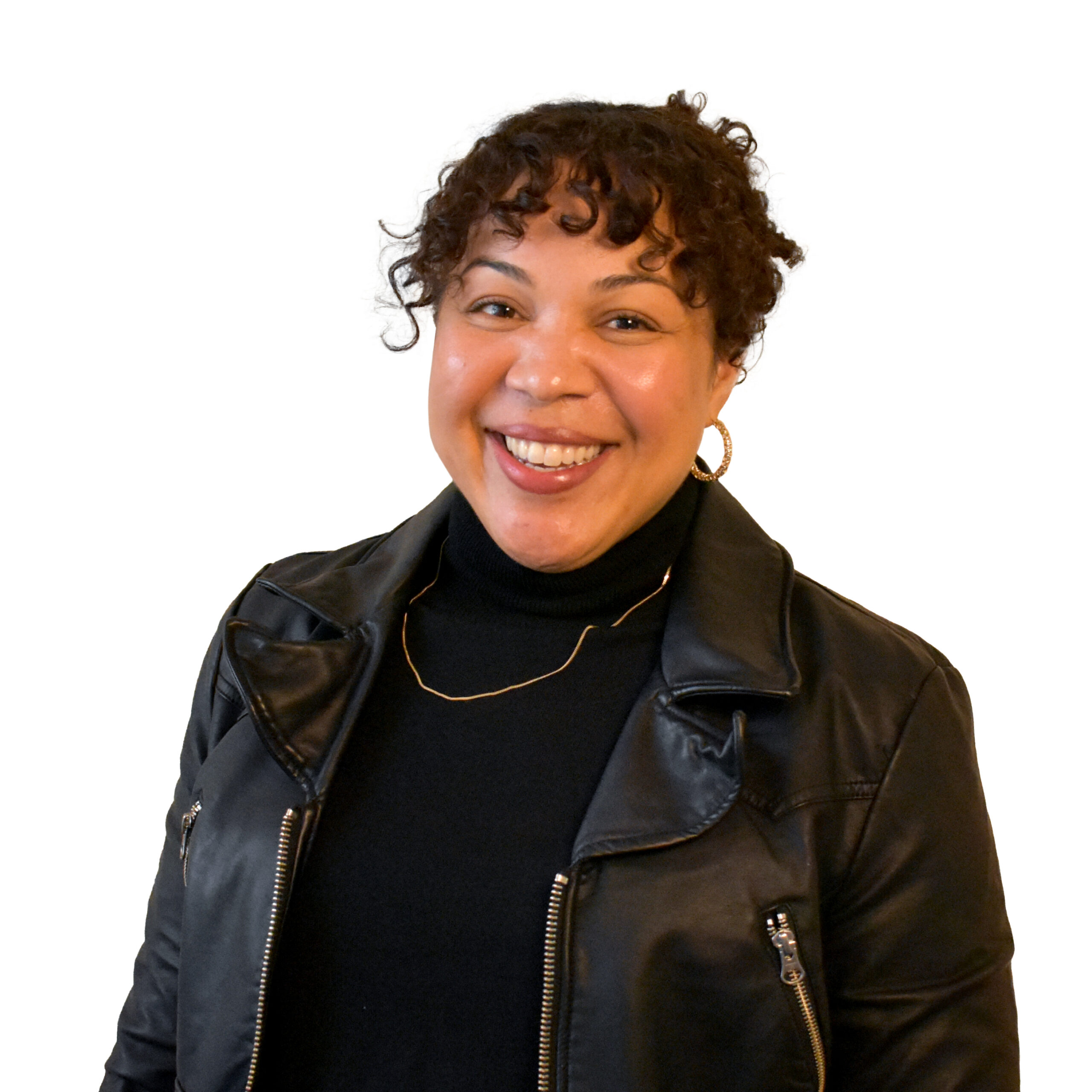
The Community Behind the Data
Content Warning: mentions of suicide
Dungeons & Dragons, falling in love, K-pop, house plants, drag shows, spirituality, and pet cats at first glance don’t seem to have a lot in common (besides each being awesome in their own right). But they were all sources of joy reported by LGBTQ youth in The Trevor Project’s 2022 National Survey on LGBTQ Youth Mental Health. The survey’s collected list goes on, reflecting the diverse intersections of vibrancy, life, and joy that characterize the queer community and giving a small glimpse into the tens of thousands of individuals behind the data.
The survey also reveals that 45% of LGBTQ youth seriously considered attempting suicide in the past year, up from the previous two years. Let us restate that in case it didn’t hit home: almost half of LGBTQ youth seriously considered attempting suicide in 2021. There’s no clever spin to soften this statistic. When you’re confronted by the story of a community’s simultaneous pain and joy, what role should design play in sharing that story?
This challenge beats at the heart of our first partnership with The Trevor Project, the world’s largest suicide prevention and mental health organization for LGBTQ youth, to design the microsite for their 2022 National Survey.
In addition to the weight of the data, we also had the challenge of crafting an experience that engaged each of the survey’s unique audiences: educators, advocates, policymakers, media, and even the general public. Engaging each of these audiences was key to Trevor’s goal of sparking a national conversation around the mental health of LGBTQ youth and inspiring change to reverse worrying trends in suicidality, anxiety, and depression. Equally as important are the LGBTQ youth whose data we were presenting. Each one of these data points represents a real person, one of nearly 34,000 youth surveyed, so it was essential we created a platform that honors the human stories behind the data.

Launched on May 4, 2022 to commemorate Mental Health Awareness month, the survey is broken down into several core sections and subsections which needed an easily-understood navigation and clear jump links that allowed users to quickly find the data most helpful to them. Additionally, with a focus on the intersectionality of the experiences of LGBTQ youth, the site features a tabbed experience for users to explore how the data compares across different age groups, sexual orientations, race/ethnicities, and gender identities.
Another one of the client’s priorities was shareability; the more a user is empowered to share this data with their networks, the further the reach and the larger the conversation. For this reason, each key-finding card has multiple share options readily available and every chart is downloadable.

As we celebrate Pride Month this June, we are humbled by the opportunity to participate in such an urgent project and do a small part to drive forward such an important conversation. Dr. Myeshia Price, Senior Research Scientist at The Trevor Project, makes an important point about the data: “These findings emphasize the wide range of experiences and identities held by LGBTQ young people across the country, as well as the clear need to break down barriers to care and promote acceptance at the local level to help save young LGBTQ lives.”
While the data can feel overwhelming, and sometimes paralyzing, the message of the survey is clear: we can all make a difference by taking a stand, by being sensitive and open with others, and by reaching out to the LGBTQ youth in our community to remind them they have an affirming and accepting place to land.
You can read the full 2022 National Survey on LGBTQ Youth Mental Health here or learn more by reading press coverage by Time, CBS News, Bloomberg, and Pink News.
If you are thinking about harming yourself — get immediate support. Connect to a Trevor Project crisis counselor 24/7, 365 days a year, from anywhere in the U.S. It is 100% confidential, and 100% free. Call 1-866-488-7386, text START to 678-678, or live chat at thetrevorproject.org/get-help.




